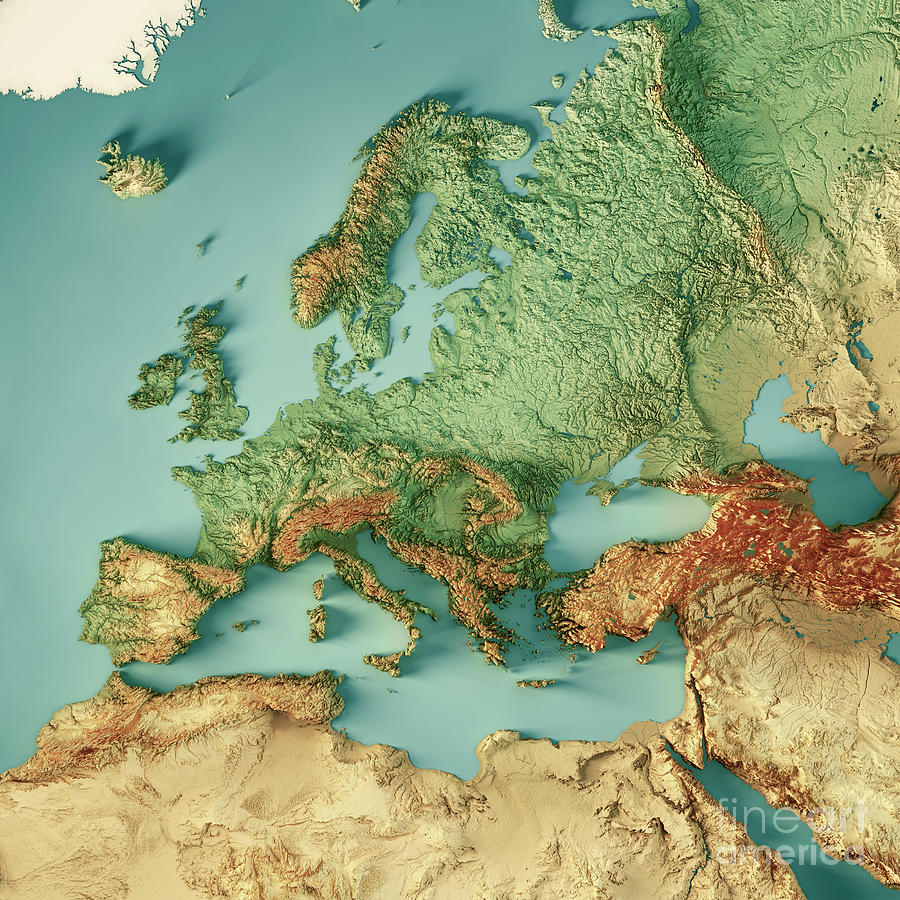

Kabecz have been charged with several offences, including killing or injuring animals; causing unnecessary suffering to an animal; failing to provide adequate medical attention for an animal when it is wounded or ill; inflicting upon an animal acute suffering, serious injury or harm, or extreme anxiety or distress that significantly impairs its health or well-being.
Just inflict the same things on “farm animals” and it’s not only socially acceptable, but the average person will gladly buy the products, and therefore fund the abuse on factory farms.
We certainly have a looong way to go to become a decent society based on that metric.







Cruel cultural traditions make (good) people support horrible acts. A tale as old as time.
Fortunately plant-based alternatives have been growing and improving quite fast for 10-20 years now, so I’m hopeful that even those who “could never give up meat” might stop supporting those hell holes. I was one of them, after all.